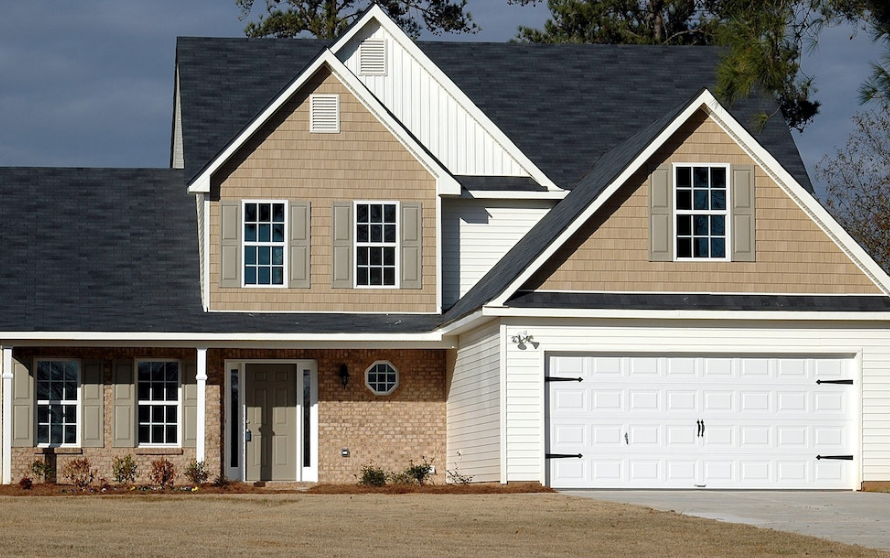Secure Mechanic’s Lien Rights on Residential Projects
If you are furnishing to a residential project, review preliminary notice & mechanic’s lien requirements carefully.
First: Define Residential
Each state may define residential differently. Here are a few examples:
Idaho defines residential as an “owner or nonowner occupied dwelling of 1-4 units”
45-525. (b) “Residential real property” shall include owner and nonowner occupied real property consisting of not less than one (1) nor more than four (4) dwelling units.
Illinois defines residential is an “owner-occupied single-family residence” and in New York, residential is a “single family dwelling.”
Generally, state statutes do not consider apartments to be residential, but Nevada statute specifically identifies apartments as residential.
NRS 108.226-6. Except as otherwise provided in subsection 7, if a work of improvement involves the construction, alteration or repair of multifamily or single-family residences, including, without limitation, apartment houses…
Ohio’s residential statute includes condominiums, plus it identifies various improvements to property “adjacent” to the residential dwellings.
1311.011 – (1) …[F]or the improvement of any single- or double-family dwelling or portion of the dwelling or a residential unit of any condominium property that has been submitted to the provisions of Chapter 5311. of the Revised Code; an addition to any land; or the improvement of driveways, sidewalks, swimming pools, porches, garages, carports, landscaping, fences, fallout shelters, siding, roofing, storm windows, awnings, and other improvements that are adjacent to single- or double-family dwellings or upon lands that are adjacent to single- or double-family dwellings or residential units of condominium property, if the dwelling, residential unit of condominium property, or land is used or is intended to be used as a personal residence by the owner, part owner, or lessee.
This leads us to the next question: Are Apartments & Condominiums Residential?
Unfortunately, there is no blanket rule on what is or isn’t residential. Of the 5 states mentioned above, 1 specifically mentions condos & 1 specifically mentions residential — and yet all 5 are still different!
As a best practice, carefully review statute to see whether apartments and/or condominiums are considered residential. It’s also important to confirm if you are furnishing to one building or multiple buildings, and whether furnishing to common area or individual units. And, if furnishing to individual units, who contracted for the improvement – the homeowner’s association or the individual owner? Of course, when in doubt, seek a legal opinion.
If Furnishing to Condos, Be Prepared
If you are furnishing to condominiums, there are additional variables to consider. As I just mentioned, it’s important to know whether you furnished to individual units and/or common areas.
If any of the various lots/units are sold to an individual owner prior to filing a lien, more than one lien could be necessary. The lien may have to be served on multiple owners and multiple liens may be required if work was done in individual units.
Multiple liens + multiple units + multiple owners = the lien may be more expensive due to extensive title work and service upon multiple parties, etc.
45 States Require a Preliminary Notice or Notice of Non-Payment on Commercial and/or Residential Projects
Of those 45 states, 17 states have separate requirements specific to residential projects. The differing requirements could vary from a type of preliminary notice, a shortened deadline, or even limited rights based on who you sold to.
Which states Have a Notice Requirement Specific to Residential Projects?
The following states have a notice requirement specific to residential projects: Arkansas, Idaho, Illinois, Indiana, Iowa, Kansas, Kentucky, Maine, Mississippi, Missouri, Montana, Nebraska, Nevada, New Jersey, Texas, Virginia, Washington & Wisconsin.
Unpaid Balance Lien State vs. Full Balance Lien State
Another big difference on residential projects is that the lien may be limited to the unpaid balance being held by the homeowner, even though a full balance lien may be available on commercial projects. Always check statute & consider filing your lien sooner rather than later.


